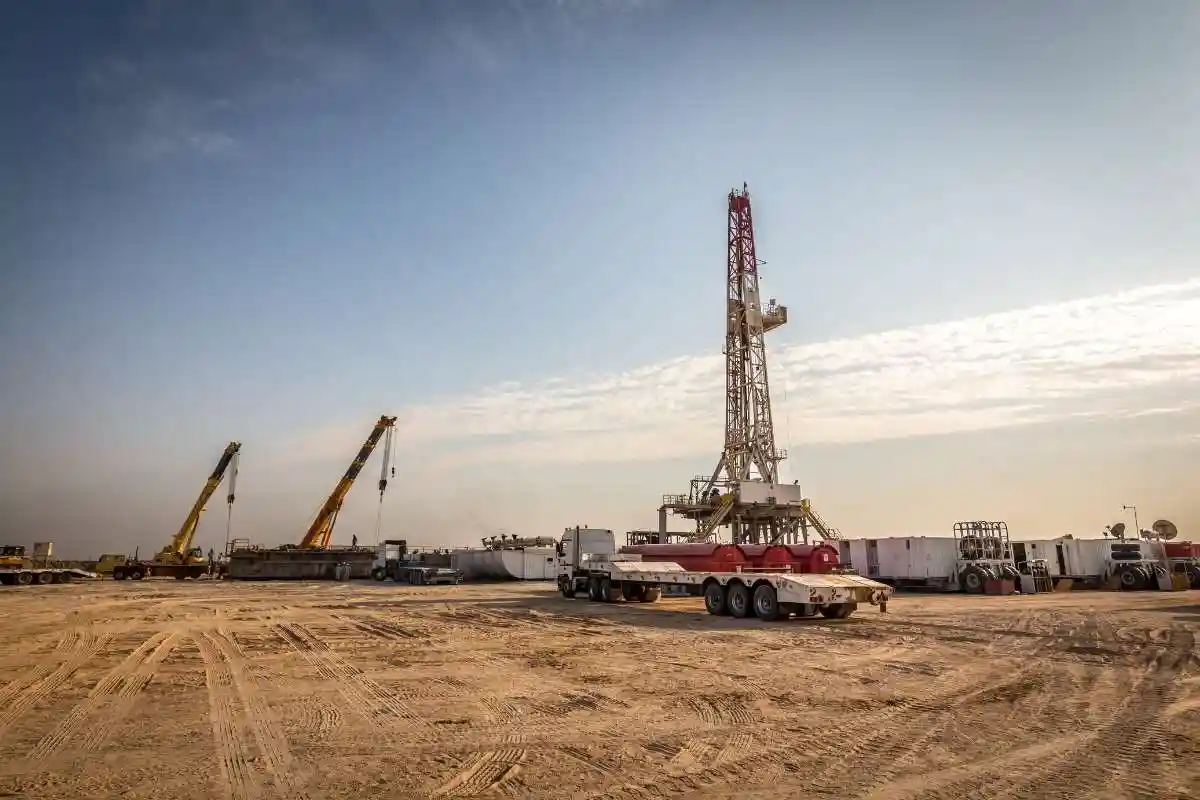
Fracking, or hydraulic fracturing, has become a highly contentious issue with serious implications for the environment, public health, and human rights. By disrupting geological formations to extract oil and gas, fracking contributes significantly to climate change, pollutes water sources, and harms the rights of frontline communities, often low-income, Indigenous, or non-white populations. These groups bear the brunt of health impacts and environmental damage. Recent actions from international tribunals highlight the urgent need for accountability, revealing how governments and corporations frequently prioritize profit over people and ecosystems. Understanding the global impact of fracking is essential for addressing the interconnected crises of climate change and environmental justice in a way that ensures a sustainable future.
This course offers a comprehensive exploration of the challenges associated with fracking and its intersection with climate change and human rights. By the end of this course, you will:
This knowledge will help you understand the broader implications of fracking and engage in meaningful conversations about its future and the global movement for environmental justice.
Start by watching the course video, which explains the environmental, social, and legal dimensions of the global fight against fracking. Pay close attention to the details of tribunal investigations and key examples, as they will help you answer the quiz questions at the end of the course.
Click the button to take the quiz and get your credit.